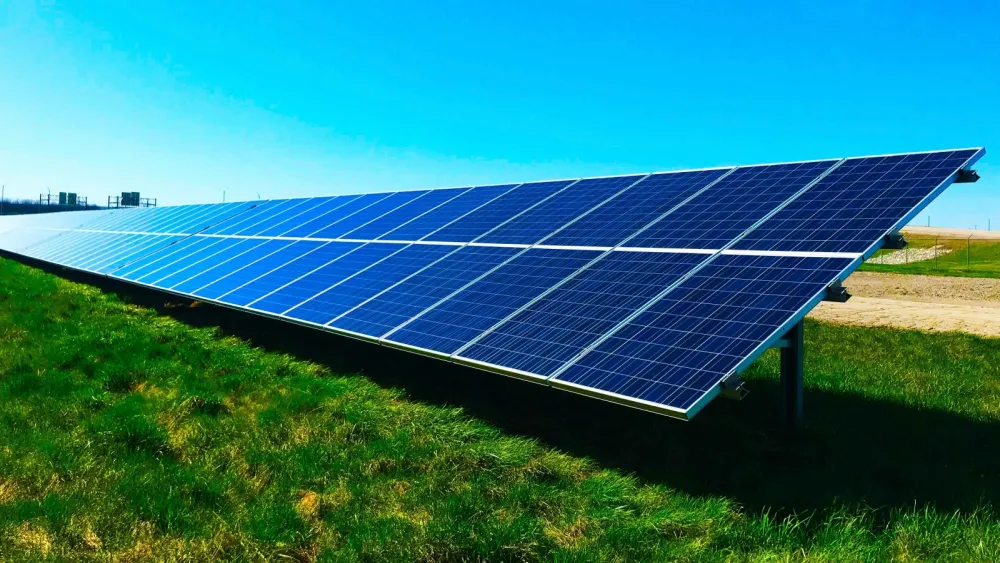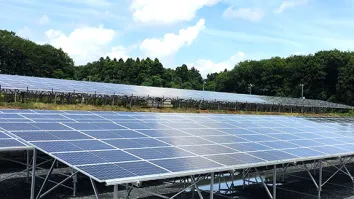Southeast Asia lacks predictable regulatory framework for energy
Grid investments and permitting delays challenges slow energy sector growth.
Southeast Asia's energy sector faces significant challenges, with an unpredictable regulatory framework hindering progress, according to Miguel Fonseca, Chief Executive Officer of EDP Renewables APAC.
“We are lacking in some of these countries in having a simple and predictable regulatory framework that allows investors to determine the outcome,” said Fonseca. This lack of clarity, combined with missing long-term pricing signals, makes it difficult for investors to navigate the market.
Another key issue is the lag in grid investments, with infrastructure not keeping pace with rising energy demand. “Grid investments are not happening at the correct pace,” Fonseca explained, adding that risks such as interconnection delays and curtailment need to be managed more effectively.
Permitting delays are also slowing energy sector growth. Fonseca highlighted that complex regulations and understaffed bodies cause permitting processes to drag on, sometimes longer than the construction phase itself.
Beyond regulation and infrastructure, Southeast Asia also faces challenges in engaging communities. “Private and government entities need to engage in a more transparent process to involve communities early on,” said Fonseca.
Despite these challenges, the region holds significant opportunities. Renewables, particularly solar and wind, are set to dominate Southeast Asia’s energy demand, with Fonseca noting, “We expect to reach up to five gigawatts peak by 2030.” The largest solar operating asset in Southeast Asia is already located in Vietnam, further highlighting the region’s potential.



















 Advertise
Advertise







Commentary
What a $635b investment push could mean for India’s refineries and thermal power plants